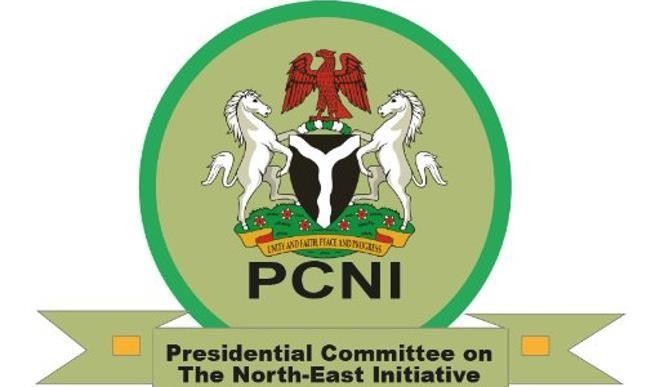
The Victims Support Fund (VSF) is committed to improving the lives of the people of the North East by driving the reconstruction of social infrastructure destroyed the insurgency. This was disclosed by the VSF Executive Director, Professor Sunday Ochoche in his opening remarks at the commencement of training workshop on Utilizing New Media for Humanitarian and Developmental Reportage on Monday. The workshop which is jointly organized by the VSF and the Presidential Committee on the North East Initiative (PCNI) is holding in Yola, Adamawa State. Ochoche who hailed the links between PCNI and VSF as a model of strategic collaboration said that the latter is prioritizing education, livelihood, health support and foster care as its priority interventions in the North-East. In his overview of the Fund’s activities in the education sector, the VSF chief reported that VSF’s education programme has reached 100,000 children and undertaken the complete reconstruction of six schools in Michika and twenty-four schools spread across Madagali, Hawul, Chibok, Hong and Askira Uba in Adamawa and Borno states.
All the schools in Dikwa and central Bama have been reconstructed with security concerns temporarily delaying work on schools on the outskirts of the town. Reconstruction is presently underway of all the schools in Buni Yadi in Yobe State as well as of Government Secondary School, Takum in Taraba State which was severely damaged during a communal conflict. He highlighted the work of the Education Must Continue Initiative, a non-profit which is supported by VSF and caters for more than 700 children in Yola and Lassa, as the sort of partnerships currently resuscitating the education sector in the North-East. VSF’s healthcare intervention has grown from an initial 7 hospitals to 16. Each medical institution has received a grant of N20m to cater for victims of insurgency and to underwrite treatment costs as well as referrals to other facilities for those requiring more sophisticated surgical and orthopedic interventions. Ochoche credited the VSF’s support for hospitals such as the Teaching Hospital in Maiduguri for ensuring a reduction in fatalities resulting from severe injuries sustained in insurgent attacks. The VSF chief noted that the insurgency has altered the fabric of communal life in the North-East with women emerging in many communities as breadwinners given the rate of attrition among the male population occasioned by the insurgency. To this end, he reported, VSF has slanted its livelihood programme towards the empowerment of women. The programme commenced with a pioneer set of 1,000 women IDPs in Maiduguri that were selected by their pioneers and who received N20,000 each as seed money.
The programme has been subsequently expanded to Adamawa and Yobe and now covers 10,000 women while the seed fund has been increased to N30,000. The women have received training and support in various fields of vocational endeavour designed to bolster their status as the primary economic actors in their communities. The next phase of the empowerment programme will incrementally shift from assistance to individuals to focus more on cooperative concerns in communities as VSF will ramp up its support for savings and loans associations and other women entrepreneurial groups. The Fund’s Livelihood programme also extends to agriculture and covers both rainfed and dry season farming. VSF provides inputs and cash support of N20,000 to enable a return to land in these mostly agrarian economies.
An animal rearing scheme was ragged off in Geidam, Yobe State, with 200 families which were each provided with 4 animals. Ochoche noted that the Women Economic Empowerment Programme has had challenges which he attributed to attempts to politicize the beneficiary selection process. He said that in instances where this had been the case, the selection process had been terminated to ensure that only authentic vulnerable women were selected. He admitted that these stoppages had caused delays in the programme and appealed for understanding saying that the delays stemmed from the VSF’s determination to ensure that the selection process is not compromised.

 Join Daily Trust WhatsApp Community For Quick Access To News and Happenings Around You.
Join Daily Trust WhatsApp Community For Quick Access To News and Happenings Around You.


